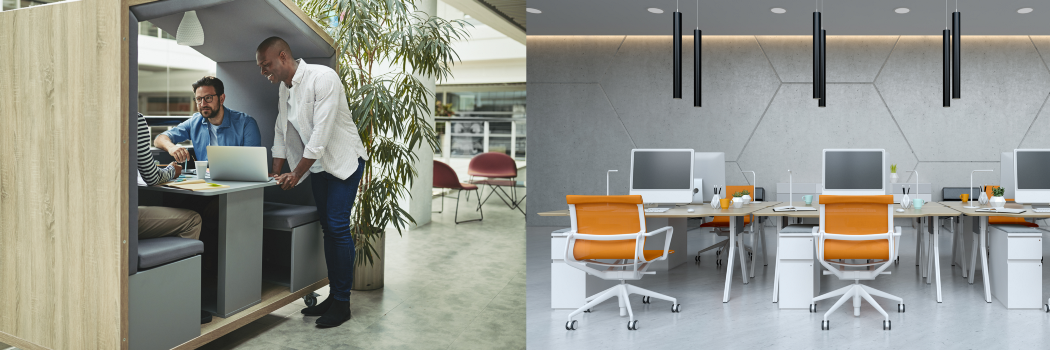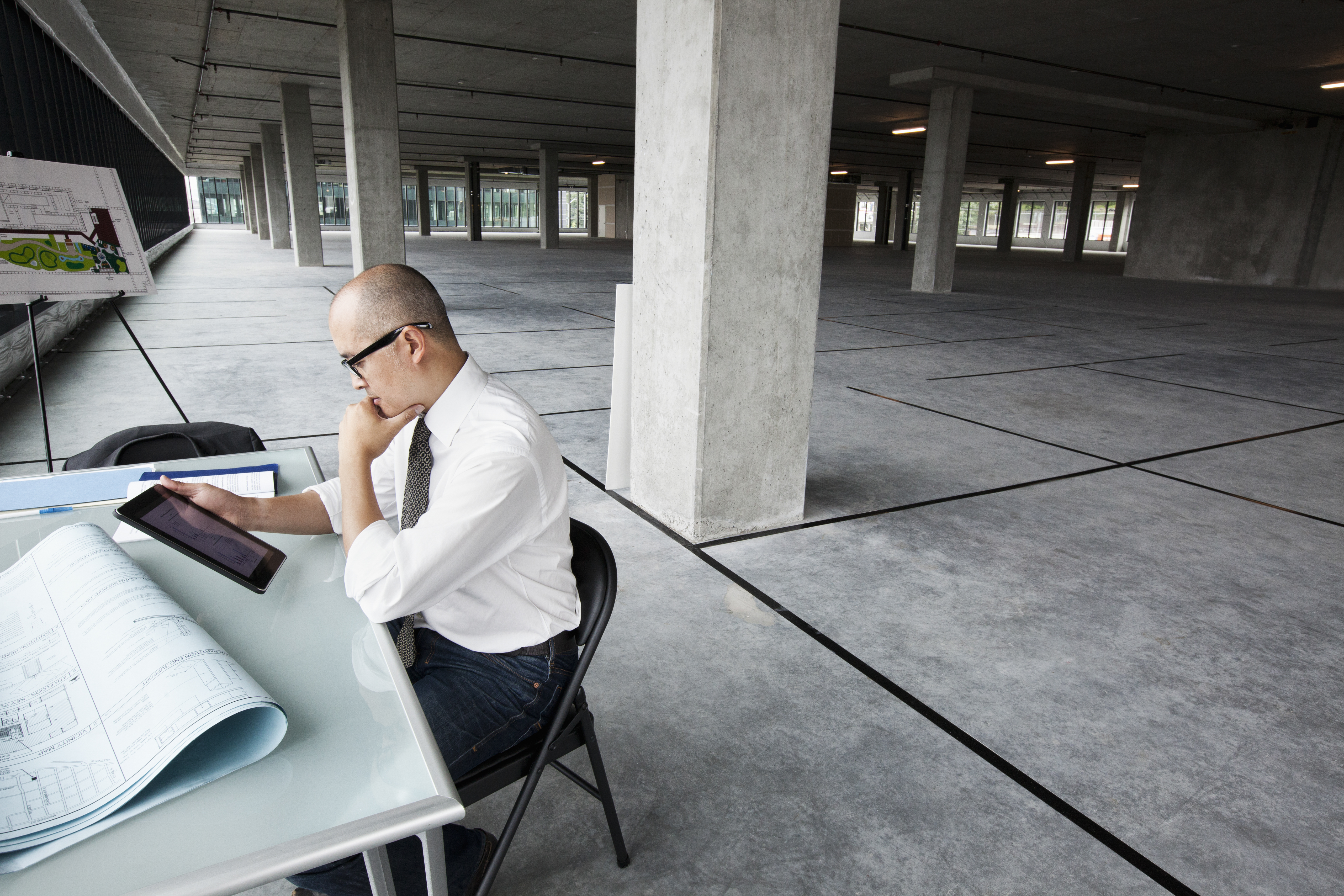Creating Workspaces to Help Teams Thrive
Taylor Miller | April 28th, 2020

Continental Office CEO, Ira Sharfin, is transforming the workspace industry. We welcomed Ira to our our very first, virtual, Startup Grind event on April 13th. Continental Office was founded in 1939 and although they are not a new company, under Ira’s leadership, they prove that old companies can still learn new tricks. Ira focuses on innovation and building new products and services to stay ahead of the curve in a world that is constantly changing.
A little background
Continental office is an office supply company and is now a leading industry expert in the workspace category. When Ira bought the company it was 95% furniture, but he always wanted to do something more entrepreneurial and began experimenting with different business models. Continental Office has evolved over time to offer furniture, floors, interior construction, and branding. Despite this focus on innovation, Ira always puts his team first and focuses on creating an amazing work environment.
How does the Covid-19 pandemic change things?
Ira reminds us that having a good office culture is about putting people first and making sure employees are taken care of and connected. Happier employees correlate with more productive employees. Businesses that focus only on cutting costs by eliminating their office spaces without compensating in other ways to create a positive work environment won’t be able to compete. Good talent will gravitate to companies that offer things like a stipend for home offices, good benefits, and delicious office coffee. Covid-19 has shaken things up, and Ira believes the future of office spaces will be a blend. We will have more remote days and remote workers, but the office will still exist. It will just be adapted to provide a safe environment with enough space so that people can practice social distancing when necessary.
Managing a remote team
Managing a remote team is becoming an essential business strategy. It will be a learning curve for managers, and leaders alike, to realize they cannot monitor productivity by hours spent in the office and instead will need to focus on what it really means to be productive and execute on business goals. If we shift our focus to measuring success based on outcomes it will open us up to a whole new world of performance and employee satisfaction.
Leadership will need to create a strategy to maintain workplace culture and keep employees connected and engaged. Ira shared his own policy during Covid-19, if you can’t show your face on a video call then you can’t attend the meeting. For Ira and the rest of his leadership team, it’s a great way to make sure everyone is still having real social interaction, and in some cases, more social interaction than they may have had in the office.
What’s wrong with how companies organize their offices?
As soon as you have a leadership team that says, we know what our employees want, without engaging with their people, you have a team that is set up to fail. For example, cubicles were around for 25–30 years before open offices became a trend. The walls came down and suddenly businesses were moving to open concept floor plans without ever asking their employees what they wanted or needed to be successful and happy. The companies who got it right were the ones who focused on comfort, safety, choice, and flexibility. All things that make employees happier. They created smaller workstations for individual work, coffee bars, soft seating options, conference spaces, and even phone booths for private or sensitive phone calls.

Ira believes it is a huge mistake to divide companies into specific departments (i.e. keeping all the accounting people together, all the HR people together, etc). People should move around and interact. In fact, surveys show 85% of employees want choice and flexibility and are more productive when they feel they have this. Creating an office space that allows for mixed interactions and privacy when necessary can create a more productive environment.
Legacy companies must compete with startups
Startups create a lot of energy, passion, and excitement around innovation and new products. This environment draws more creative and passionate workers creating a war for talent that forces more established companies to be competitive and strive for better workplaces. Ira believes that having more startups makes us all better. He only hopes we might eventually gain more diversity in the types of startups we have. There are a lot of startups that are disruptive and changing how things are done, but Ira wants to see startups that create something entirely new that we haven’t seen before.

What is Hopewell?
Ira is an investor and chairman of Hopewell, a startup with a unique take on coworking. Hopewell aims to solve loneliness, curate human connection, and encourage personal and professional growth. Ira describes it as a co-networking startup focused on comfort and collaboration. Normal co-working spaces would be a hard sell in the aftermath of Covid-19 because they are designed to host as many people as possible and everyone is close together, but Hopewell was designed with comfort in mind so there’s plenty of space for people to coexist and still practice social distancing. One of the greatest perks of being a member of a community space like Hopewell is the ability to meet new people with shared interests. Connecting with new people can enrich not only your work experience but your life experience too. You might make a new friend, make a new work connection, or discover a new client. Hopewell creates a dynamic network of people that inspires growth and development.
How does Ira combine the product side of the business with the service side?
Ira says the most difficult aspect of combining a product business model with a service business model is how you handle shared services such as accounting, marketing, HR, etc. These employees work differently, they might stay late one night and then come in late the next, but the employees who are clocking in on a set schedule might only notice that the shared services employee came in late and view that as unfair. The product side and the service side operate differently, and it can be difficult to make sure employees understand the differences and feel comfortable with it.
